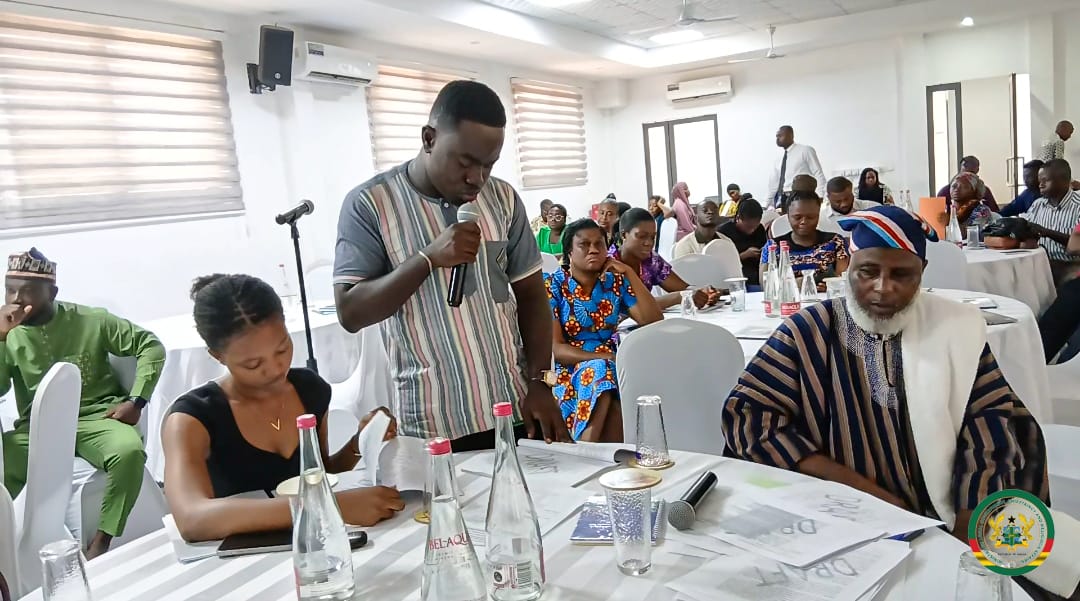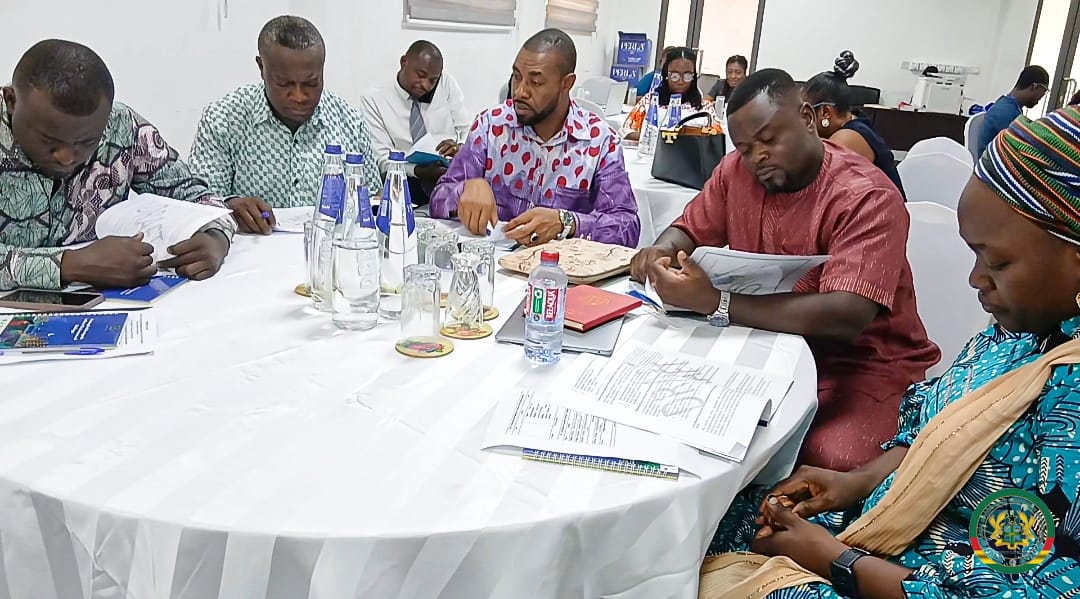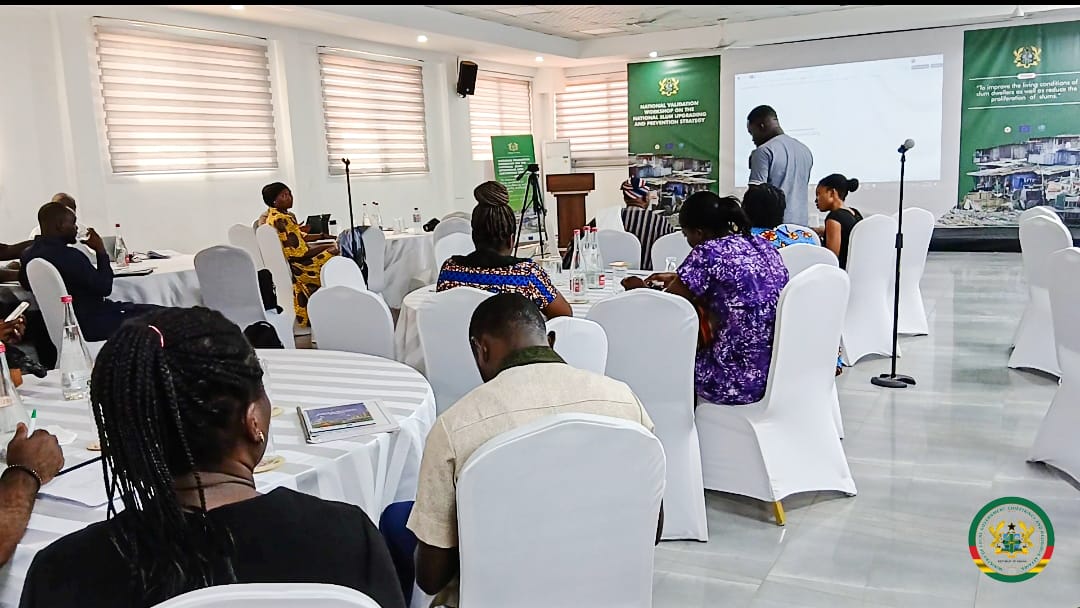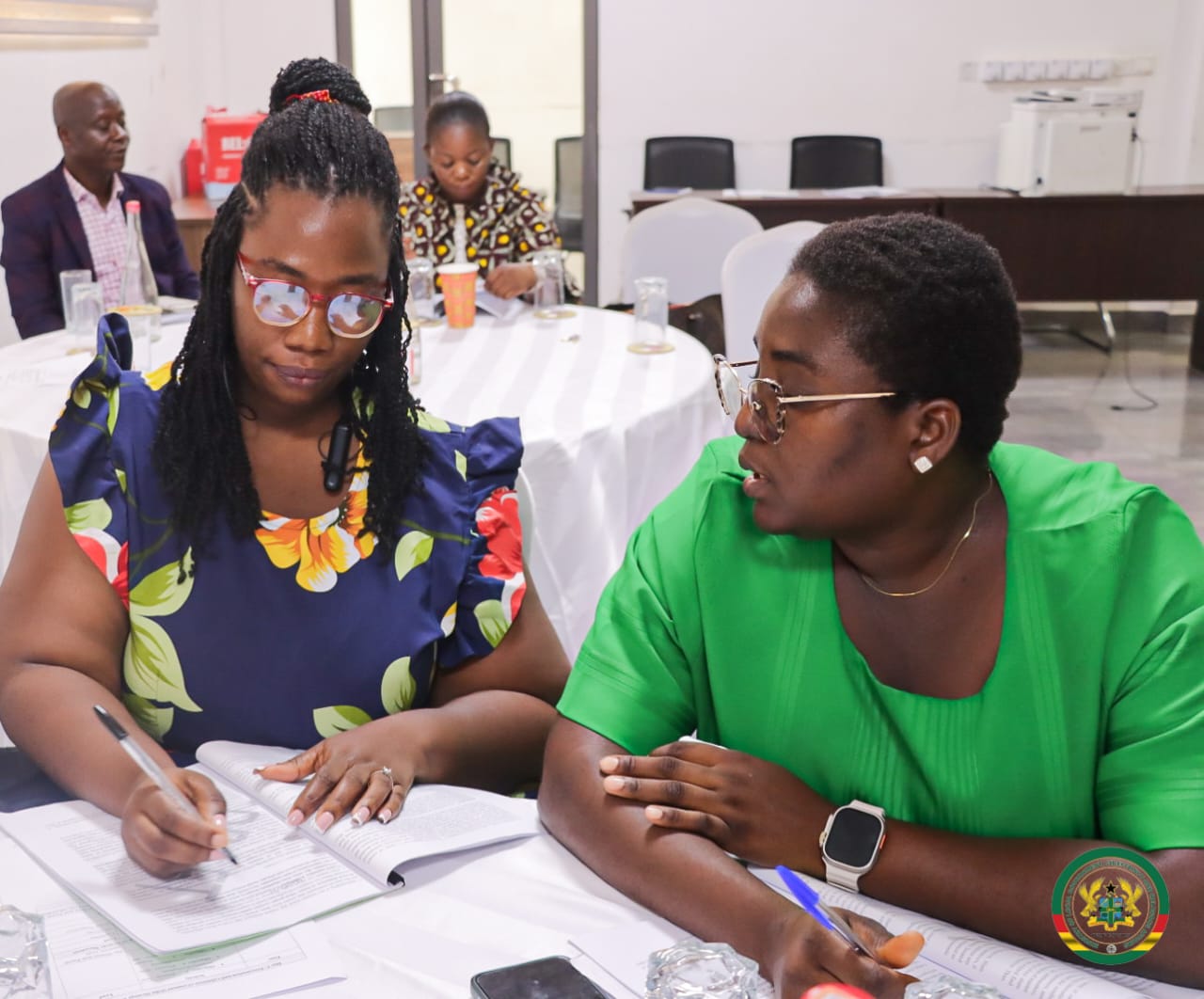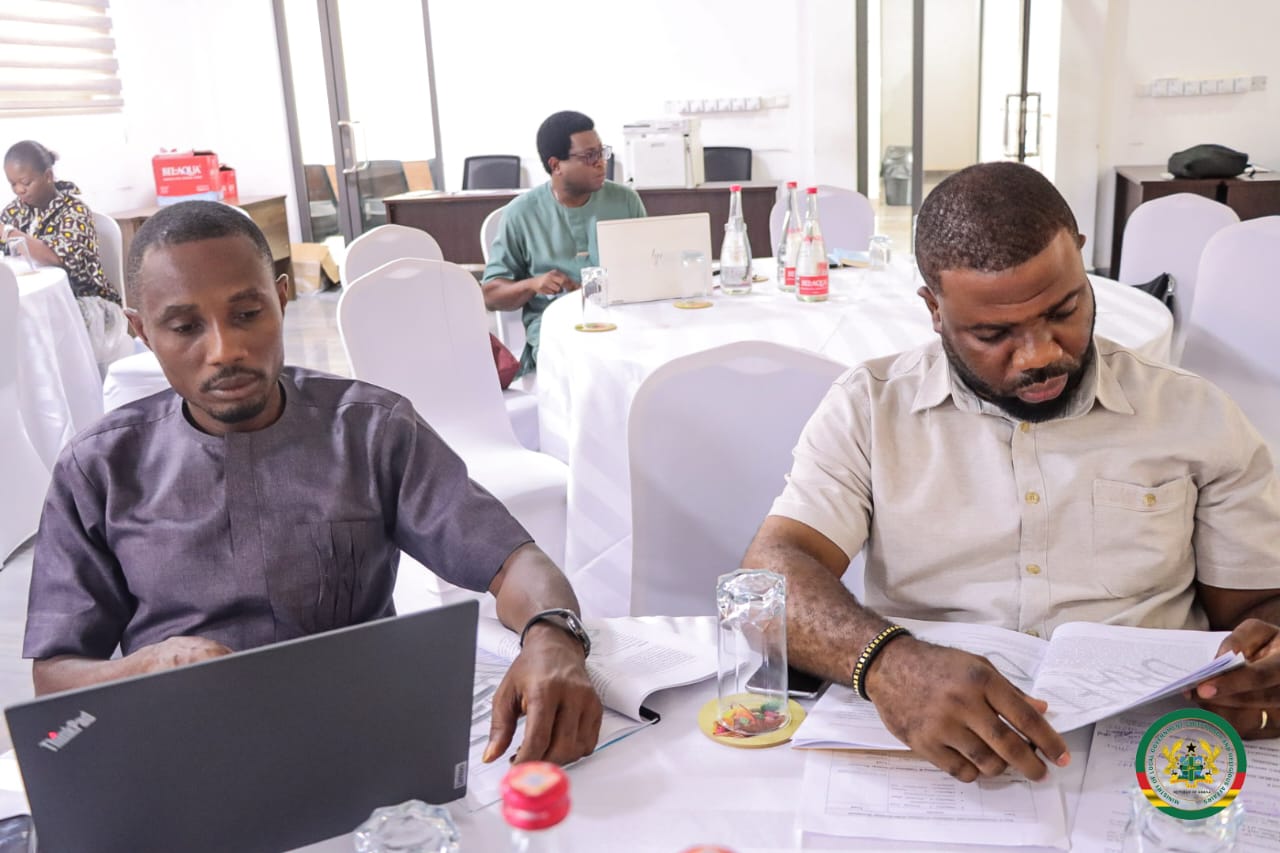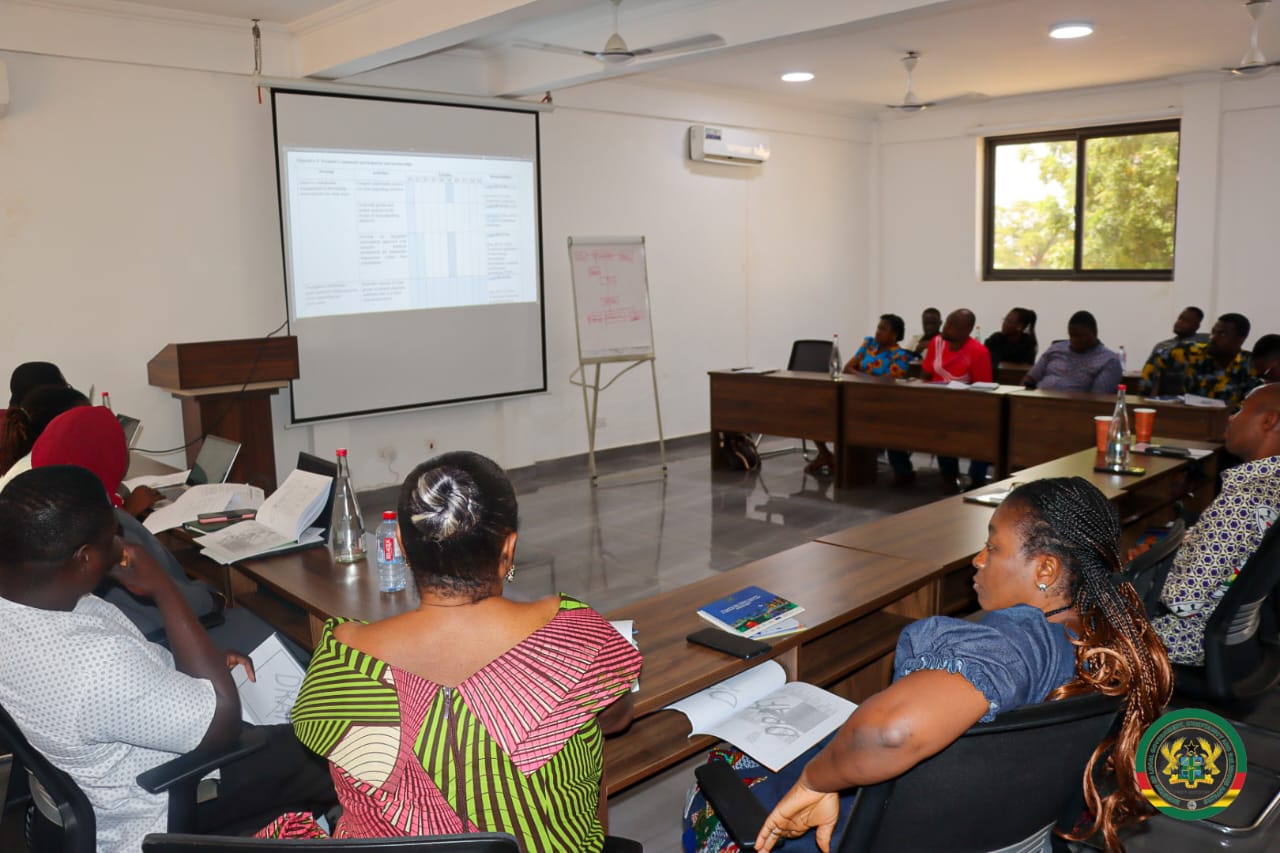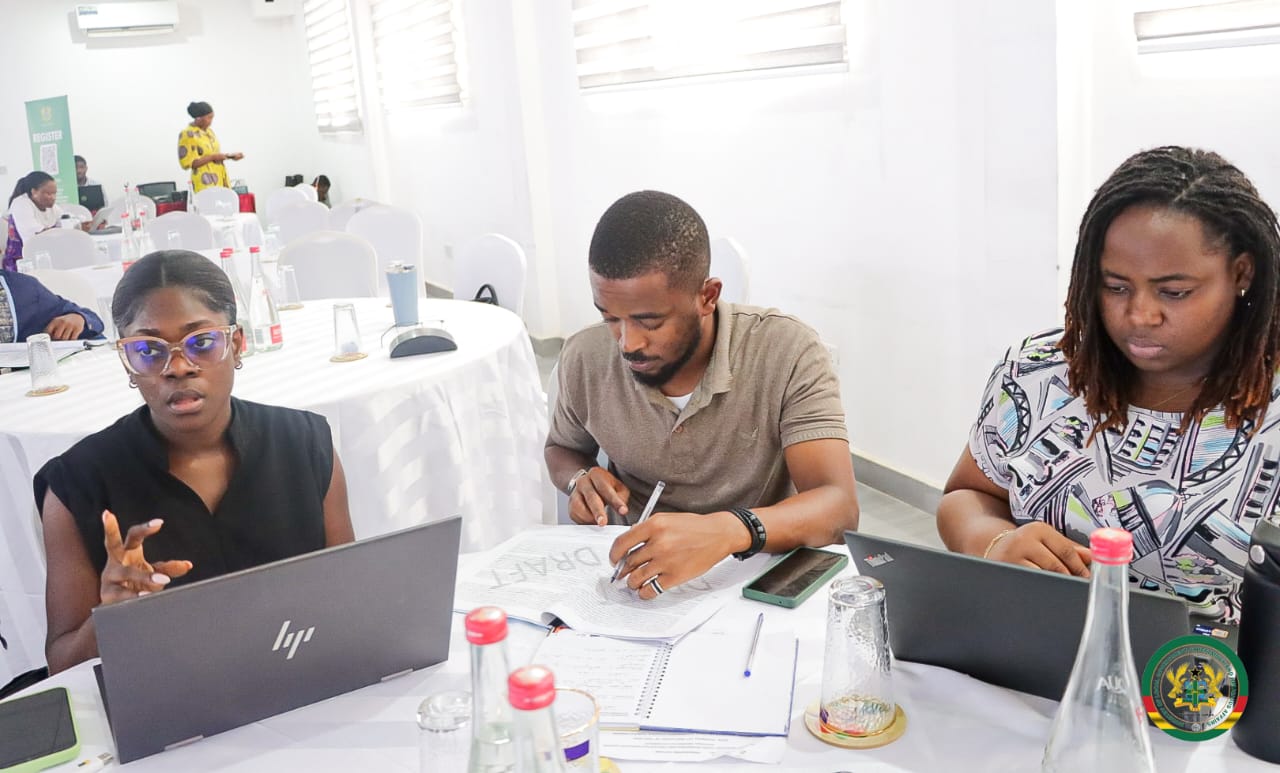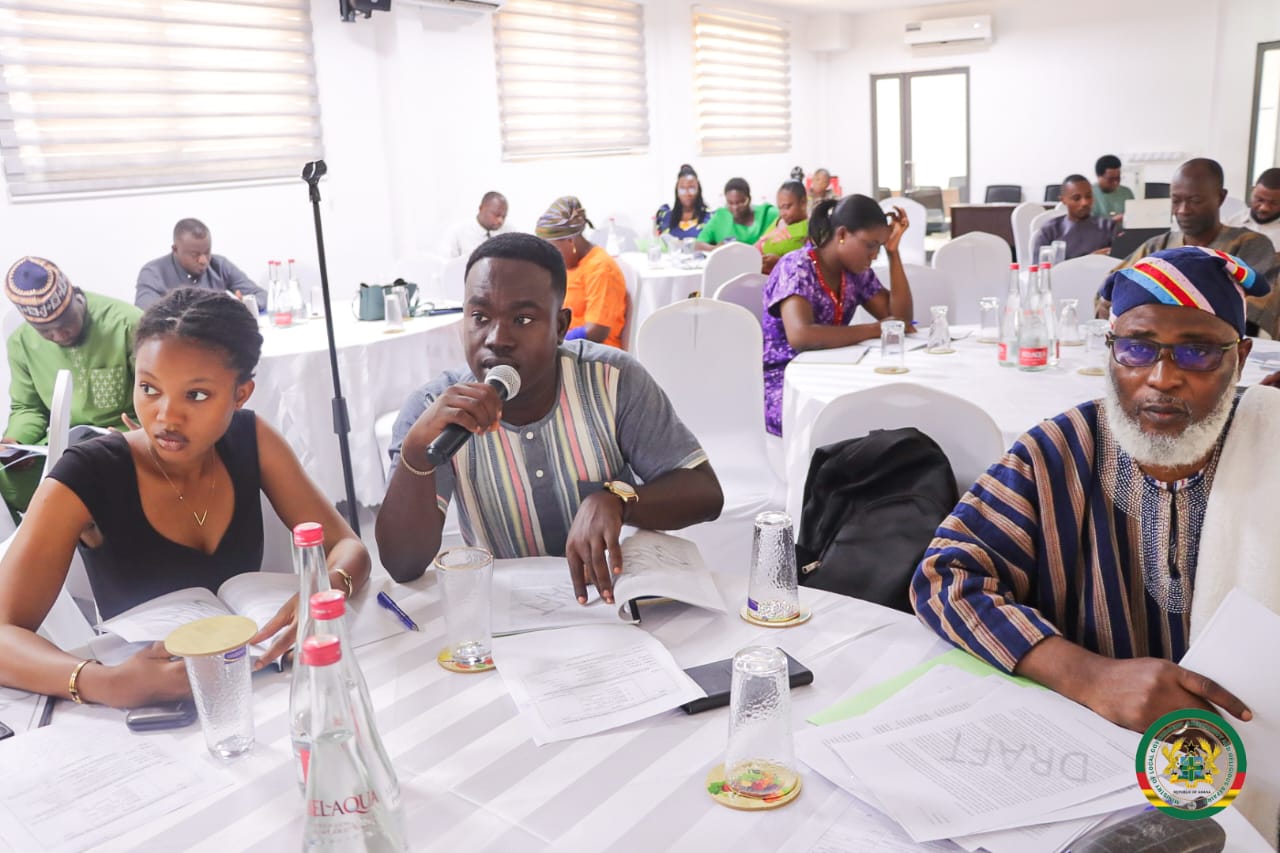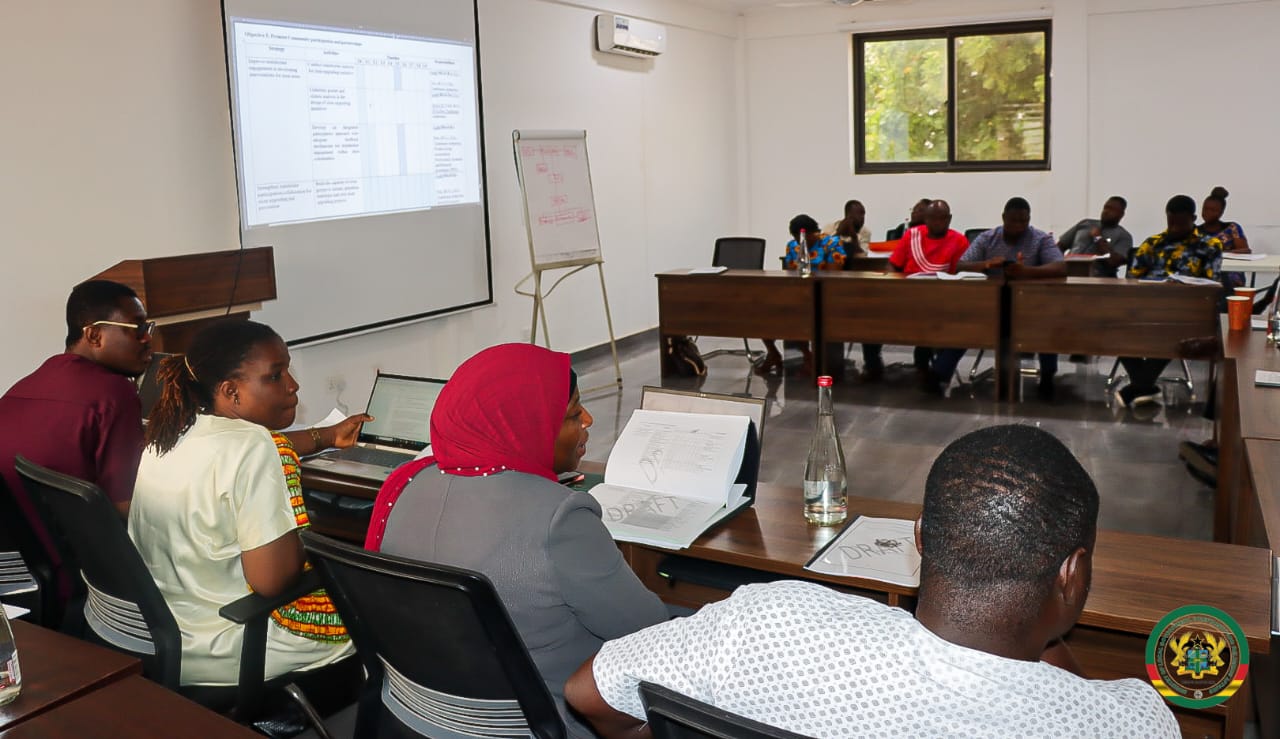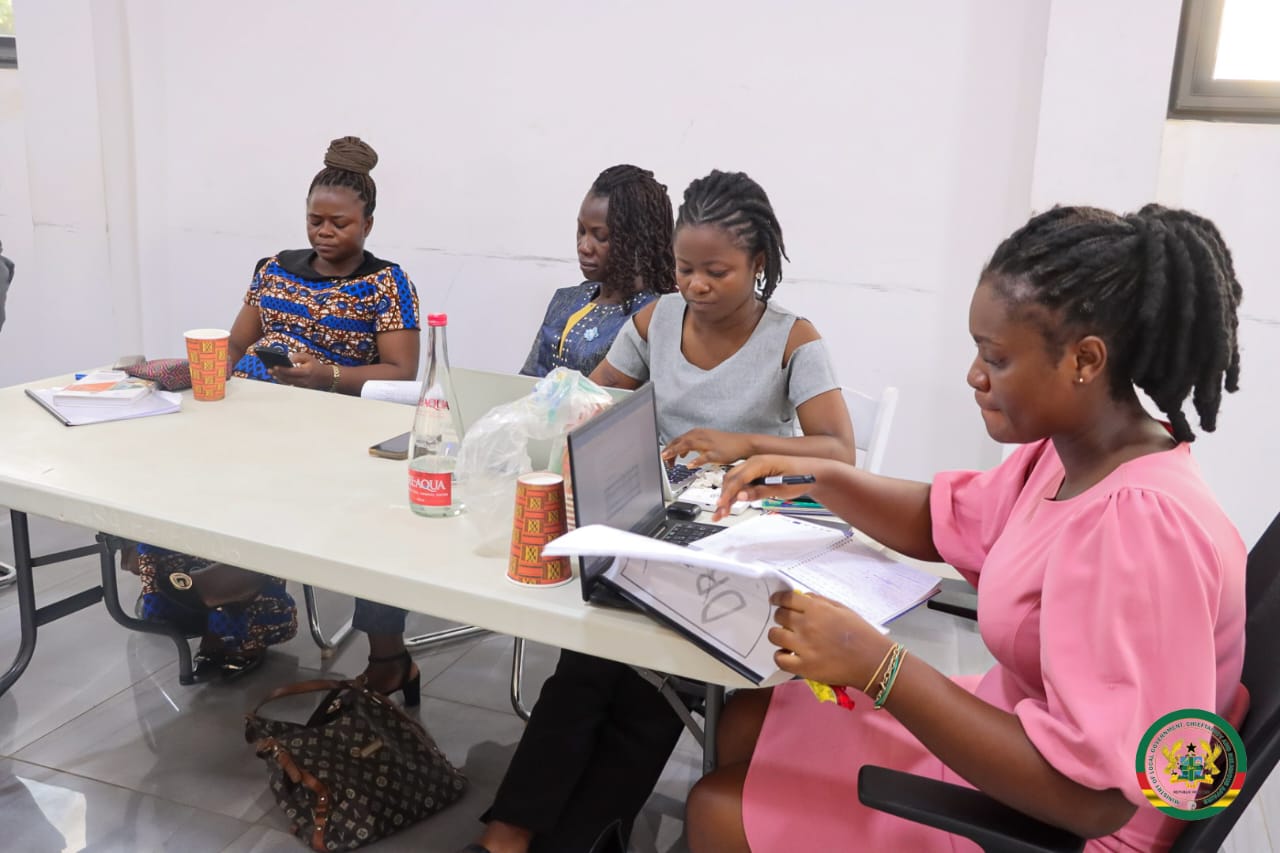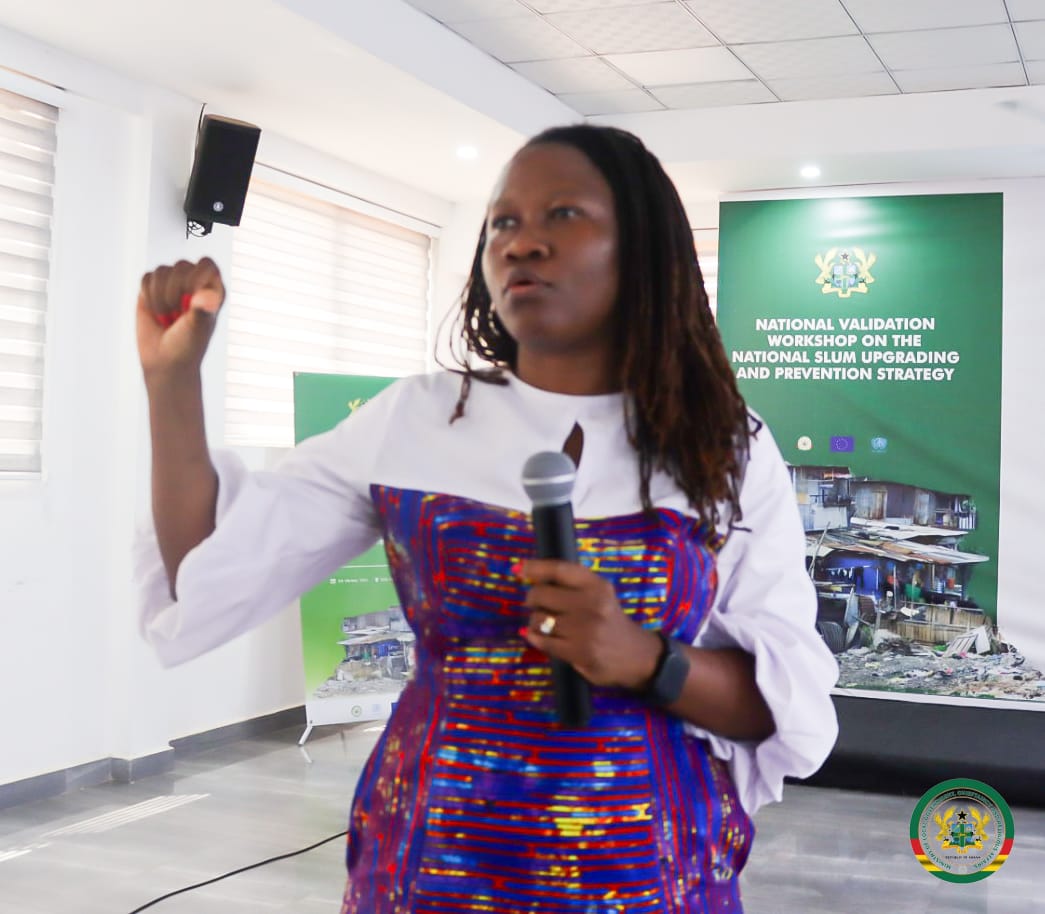The National Slum Upgrading and Prevention Strategy (NSUPS) has been successfully validated at the close of a two-day stakeholder workshop held at the Institute of Local Government Studies (ILGS) in Accra. Organised by the Ministry of Local Government, Chieftaincy and Religious Affairs (MLGCRA), the workshop concluded on May 16, 2025, with participants expressing optimism that the strategy will play a pivotal role in upgrading existing slums and preventing the emergence of new ones across Ghana.
The NSUPS, developed with support from the UN-Habitat, aims to align national urban development with Sustainable Development Goal 11, which calls for inclusive, safe, resilient, and sustainable cities. After extensive consultation and inputs from stakeholders, the strategy document has now been validated and will be officially launched and disseminated in October 2025, in conjunction with Ghana’s celebration of World Cities Day.
The workshop was held under the theme “To improve the living conditions of slum dwellers as well as reduce the proliferation of slums.” It brought together a diverse group of stakeholders, including representatives from key ministries, Metropolitan, Municipal and District Assemblies (MMDAs), and other urban planning and development institutions.
Key components of the NSUPS include land tenure regularisation, improved infrastructure and service provision, the promotion of affordable housing and rental accommodation, support for local economic development, and slum-sensitive urban planning. The strategy also places strong emphasis on community participation and partnerships as essential elements of successful slum upgrading and prevention.
Participants included officials from the Ministries of Environment, Science and Technology; Finance; Works Housing, and Water Resources; Gender, Children and Social Protection; and Lands and Natural Resources. Several MMDAs, including Accra Metropolitan, Tema Metropolitan, Ga North, and Ayawaso East, were also actively involved in the validation process.
Technical support institutions such as the Ghana Statistical Service, the Land Use and Spatial Planning Authority (LUSPA), and the National Development Planning Commission (NDPC) contributed technical insights and data to ensure the strategy is grounded in evidence and responsive to on-the-ground realities.
In closing the workshop, Dr. Pamela Adofo Ansong, Head of Urban Development Unit at the MLGCRA expressed appreciation to all stakeholders for their commitment and input, noting that the successful validation of the NSUPS marks a major milestone in the government’s quest to transform urban settlements. “With this strategy, we are not only addressing today’s slum conditions but also taking preventive steps to ensure our cities grow in a sustainable and inclusive manner,” She said.
With the validation now complete, the Ministry and its partners will move toward finalising implementation frameworks and mobilising resources to roll out the NSUPS. Stakeholders remain hopeful that the strategy will lead to significant improvements in the quality of life for slum dwellers and serve as a model for integrated, people-centred urban development in Ghana.
Source: Sandra Owusu Asamoah
(Public Relations Unit MLGCRA)

